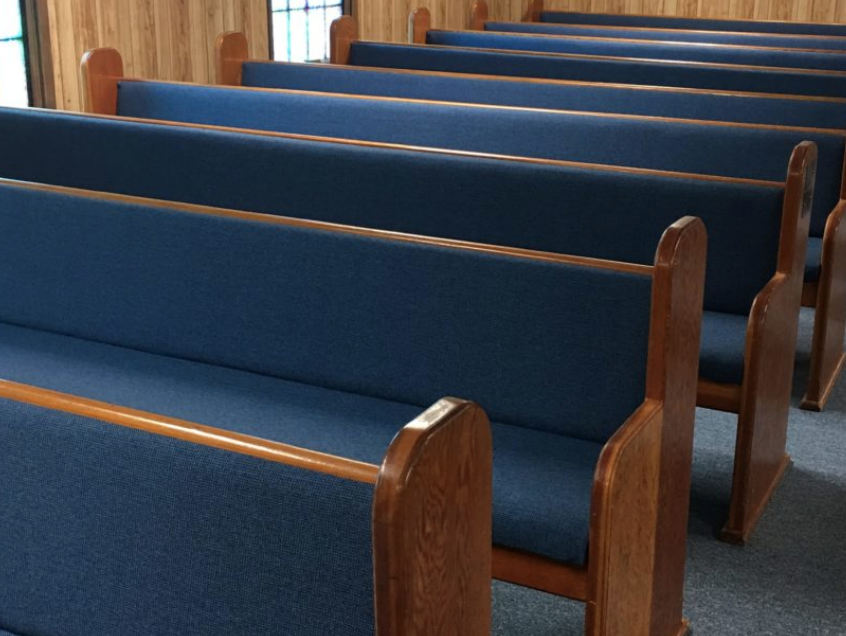As he began his 1979 pilgrimage through Poland, Pope John Paul II preached a soaring sermon that was fiercely Catholic, yet full of affection for his homeland.
For Communist leaders, the fact that the former Archbishop of Cracow linked faith to national pride was pure heresy. The pope joyfully claimed divine authority to challenge atheism and the government's efforts to reshape Polish culture.
"Man cannot be fully understood without Christ," John Paul II told 290,000 at a Mass in Warsaw's Victory Square. "He cannot understand who he is, nor what his true dignity is, nor what his vocation is, nor what his final end is. … Christ cannot be kept out of the history of man in any part of the globe, at any longitude or latitude of geography."
That was bad enough. Then he added: "It is therefore impossible without Christ to understand the history of the Polish nation. … If we reject this key to understanding our nation, we lay ourselves open to a substantial misunderstanding. We no longer understand ourselves."
This was the stuff of sainthood, and John Paul II received that title soon after his 26-year pontificate ended. But the global impact of that 1979 sermon is a perfect example of why many Catholics believe it's time to attach another title to his name -- "the great."
"The informal title 'the great' is not one that is formally granted by the church," explained historian Matthew Bunson, author of "The Pope Encyclopedia: An A to Z of the Holy See."
"Every saint who is also a pope is not hailed as 'the great,' but the popes who have been called 'the great' are all saints. … When you hear that title, you are dealing with both the love of the faithful for this saint and the judgement of history."
In the case of John Paul II, mourners chanted "Santo subito!" (Saint now!) and waved posters with that slogan at his funeral. During a Mass only 13 hours after his death, Cardinal Angelo Sodano spoke of "John Paul, indeed, John Paul the Great."










